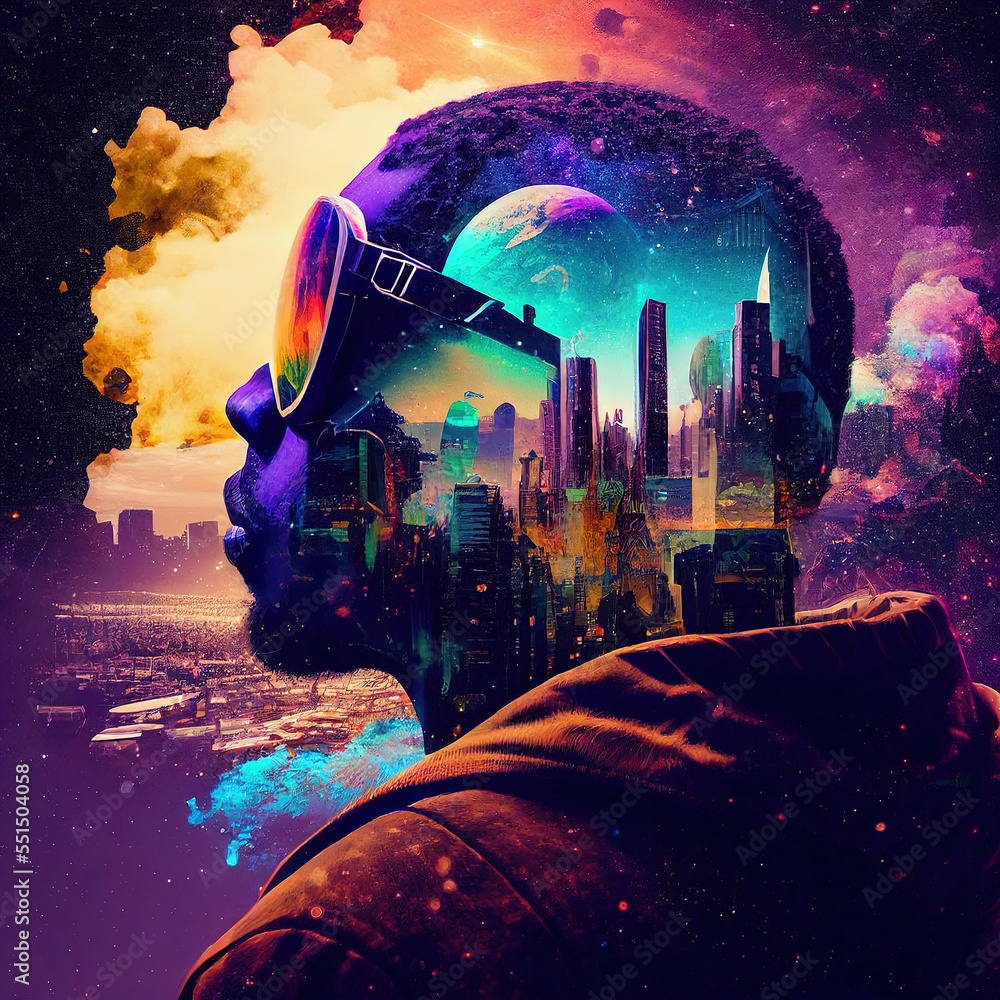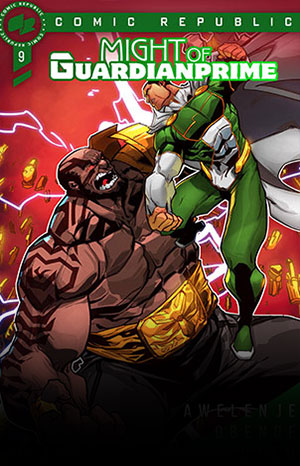It should be no surprise to any lover of comics that comics have become so popular that they are now consumed in every corner of the world. The medium has moved from print to digital, superhero comics to multiple genres and has even seen the creation of other products based on it, like movies, video games, animation, merchandise and much more. Comics are therefore a powerful medium for storytelling and entertainment. However, given that the peoples of the world speak varied languages, with continents like Africa boasting thousands of languages, it still remains a mystery how comics, which are mostly from the United States, France, Belgium, Japan and China, got to be present in every nook and cranny of the planet.
Comics are great and they are readily accessible, but their full potential is often limited by language barriers. After thorough research, therefore, one can comfortably say that the magic potion that has made comics very popular across the world is Translation. It cannot be overemphasised that translation plays an essential role in making sure that comics can be enjoyed by as many people as possible, no matter where they live or what language they speak. It is so central to the growth of comics that without it, comics would not be as mainstream as they are today. Well, to know how important translation really is to comics, let’s quit talking about generalities and look into how this discipline changed the business of comics.
Translation helps to break down the walls between cultures and allows audiences around the world to experience stories from different perspectives. Translating comics into other languages gives readers access to works that might otherwise have been inaccessible due to linguistic differences. Not only does this open up new opportunities for international collaboration between creators and publishers, it also increases the reach of comic books beyond just one geographic area or culture—giving more people than ever before access to great stories!
Translation makes it easier for fans of certain series or genres of comics who don’t read English fluently (or at all) to enjoy them without having any difficulty understanding what is going on in each panel or page. This means more readers can follow along with storylines without worrying about missing out on important plot points due to not being able to understand every word written in a book’s original language—and ultimately leads towards increased appreciation and enjoyment of these amazing works! Without translation, people across the world will not enjoy great manga hits like Dragon Ball Z, Akira, One Piece and even Naruto.

Publishing companies have grown and made more money thanks to translation. Today, even though Japan remains one of the largest comic book markets in the world, North America and Europe still stand as strategic and important markets for the growth of manga. France remains the highest consumer of manga outside Japan and this is only possible because the mangas, which are originally written in Japanese are translated into French and made available to the French market. This also means that creators of comics from different parts of the world can make more money from their comics by translating them into other languages. Translation is therefore very important to the economic growth of comics from around the world.
As already mentioned, comics are a powerful medium for storytelling and they can be an excellent tool for the proliferation of ideologies and ways of life of different people from around the world. Issues like peace, love, belonging, poverty and even climate change are best communicated through comics because images are associated with text to show these things. At the same time, however, these messages and points of view would not be adequately grasped if the consumer is not reading in the language that he or she understands. Translation is therefore key to ensuring that strong messages in comics are adequately gotten by people from different regions of the world, thereby filling up trenches that existed between them.
Now, as far as Africa is concerned, there are between 1500 to 2000 languages on the continent. It should however be noted that besides English, French, Arabic, Spanish and Portuguese, the most spoken languages in Africa include Swahili, Yoruba, Igbo and Fula. Most of the rest are spoken by minorities. Nevertheless, there are a great number of people from these minorities who only speak their local languages and so, it will be difficult for them to read a comic book which is not translated in their languages. It is true that many of these languages are not yet coded and so do not have writing systems into which comics can easily be translated. Still, there is a need to look into the translation of comics into these African languages so that Africans can fully grasp what is happening near them and around the world.
Truth be told; the above sounds lofty and overzealous, and it is no lie that translation is expensive. There aren’t many publishing houses in Africa that can manage the cost of translating their catalogues into other languages. This is even very rare with African comics as the medium is still growing on the continent. Nevertheless, we can spot an African comics company that is already doing this on a daily basis. This publishing company is called Zebra Comics PLC. Out of the box, Zebra Comics PLC ensures that all their comics are produced in English and translated into French before they are published. At the same time, the company is working on getting their titles translated into other African and international languages. In the near future, people from different parts of Africa and the world will be able to read African comics and language will not be a barrier.

Overall, translation serves an incredibly important role when it comes to expanding comic book fandom globally; allowing us all greater insight into diverse cultural perspectives while simultaneously giving everyone equal opportunity regardless if they speak English fluently or not. So next time you pick up your favourite issue off the shelf, or view it on a digital comics platform, know that behind every translated comic there was someone working hard so that you could experience these wonderful tales wherever you may be located across this planet we call home.





I have friends who dabble with Japanese because they’ve read many mangas and watched a lot of Japanese anime.
Me too